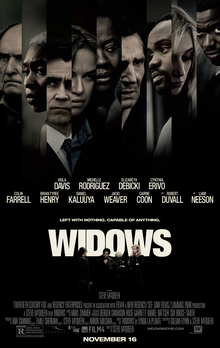I’m a bit under the gun today and also have zero creative energy for a good daily post, so I’m going to do a total cop out here and list the books that make up the top portion of my standing desk at work. Who knows, maybe one day I’ll look back on this detail and be glad I wrote it down.
So, from top to bottom:
The Magus - John Fowles (have not yet read)
Papa Hemingway - A.E. Hotchner (have read, highly recommend)
Too Far - Rich Shapero (have not yet read, and probably never will - someone was giving these out on campus at UChicago my second year)
The Largesse of the Sea Maiden - Denis Johnson (have read, highly highly recommend)
The Complete Short Stories of Ernest Hemingway - Ernest Hemingway (have read, at least most of them, lots of good, some bad, and some that don’t hit the nail on the head but damn they make you think about writing)
Hellboy: Masks and Monsters - Mike Mignola (have read, not the best Mignola but still a good time)
Batman: The Dark Night Strikes Again - Frank Miller (have read, not magnum opus but amazing)
The Sandman: Worlds’ End - Neil Gaiman (have read many times, love this one and love this series)
Outcast - Robert Kirkman (meh)
Seven Novels of Jules Verne - Jules Verne (really want to read these but have not gotten to them yet, in the meantime will probably vaguely act like I’ve read Jules Verne before… I took this one because it’s a real chunker and good for the standing desk)
Okay well, it ended up being a nice warm-up for the fingers at least…



